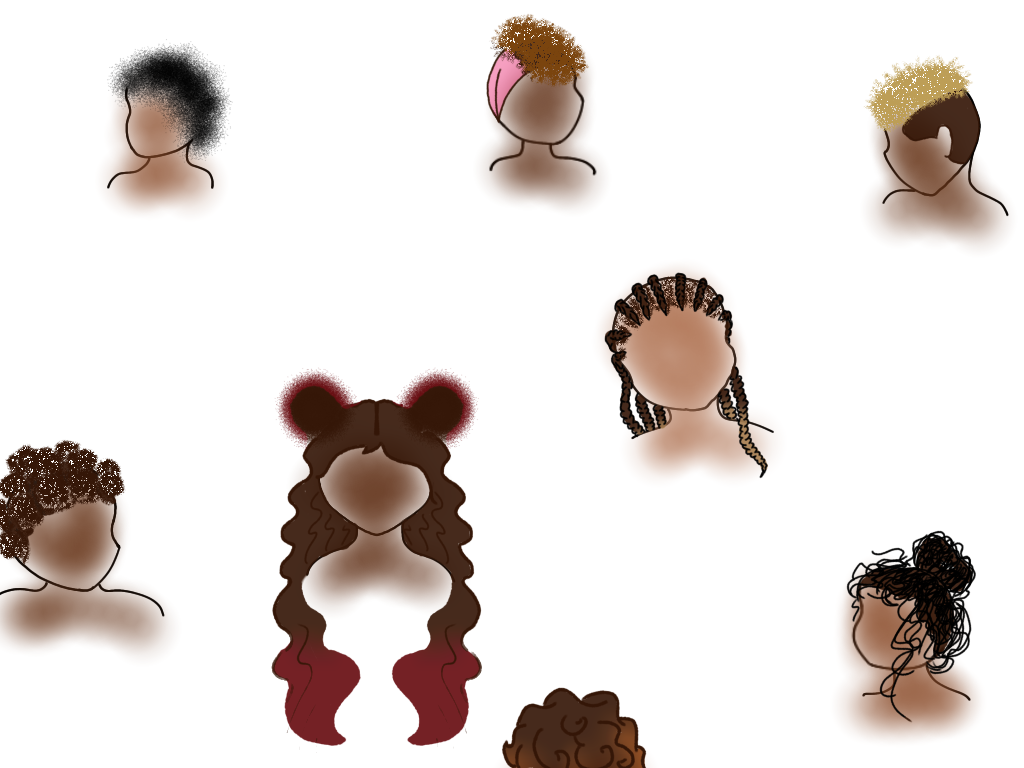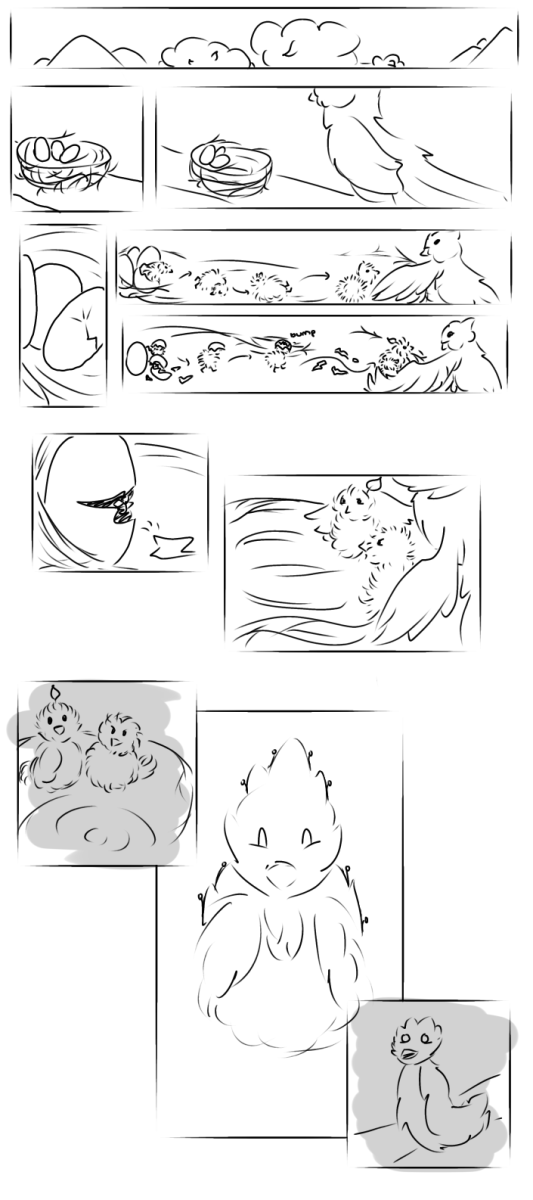Does Social Media Normalize Toxic Behaviors?

May 2, 2022
Can you believe that one in three people in the world use a form of social media? This number has increased rapidly. In 2005, 5% of US adults used social media, and this number has recently skyrocketed to 79%. With this increase, there has also been a rise in hateful behaviors.
In 2018, more than half of Americans said they were the victims of hateful speech and harassment according to a survey published by the Anti-Defamtion League, a nonprofit that tracks and fights anti-semitism. The survey also found that for a third of Americans, this online abuse was due to their religion, race, ethnicity, gender identity or disability. This survey showed an 18% increase from a 2017 survey from the Pew Research Center. Currently, there are not many laws regarding online hate and harassment, but many people think that there should be more being done.
Social media platforms are creating spaces for people to harass other groups of people. Jessica Jameson, a communication professor at North Carolina State University, looked into how certain groups are formed on social media with the intent of spreading hateful behaviors. She found that the language used in these groups was often dehumanizing. “The concern that is raised by our work here is that when one identity group uses these platforms to dehumanize another group, there is no possibility for conversation with those who have different views. And things may become potentially dangerous,” she says. By ignoring this harmful behavior, people begin to see this way of thinking as normal.
While harassment on social media is becoming normalized, so has using others, especially children, for money. Family YouTube channels record all of their children’s moments and share them online to gain followers. This can be harmful for many reasons, including mental health, risk of identity theft, and causes many privacy violations. An example of family YouTubers using their kids only for money is Myka Stauffer. She and her husband “re-homed” a boy they had adopted from China. He was autistic and this made the couple decide they no longer wanted to have him as part of their family. It probably also did not help that Myka could not as easily film him like she did her other children. This cruelty is becoming normalized on the internet with the intention of just getting likes and views.
Toxic behaviors like these have only increased and become more normalized. If social media sites do not bring attention to these problems, then they will only worsen. They are increasing rapidly, which can be extremely dangerous, especially if they continue to worsen.






























